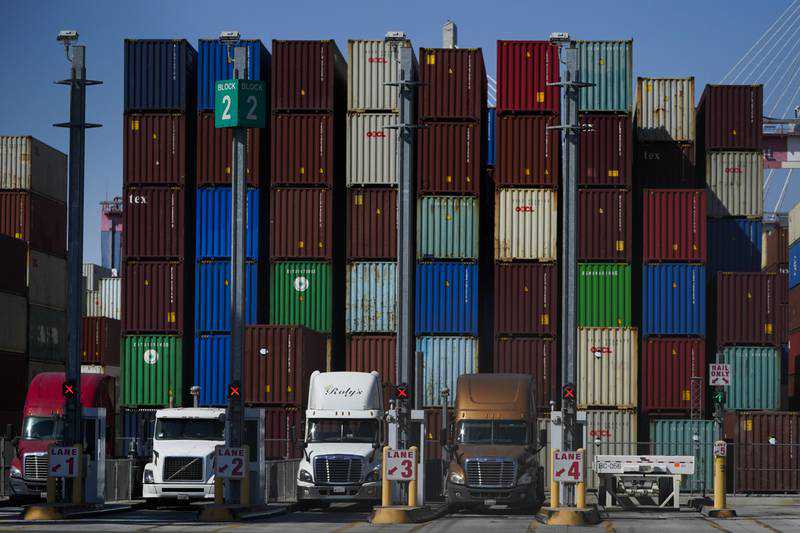Mistakes in handling inflation 'could pose a risk to global economic recovery'

The top risks to the global economic recovery are shifting from pandemic-driven bankruptcies to potential mistakes policymakers can make in managing rising inflation and its impact on financial markets of emerging economies, according to the World Economic Forum.
The question on the minds of economists and policymakers is whether inflation, wage increases and greater global fragmentation are “true trend reversals or will dissipate as the pandemic ebbs”, the Switzerland-based WEF said in a report.
The world economy has bounced back strongly from the pandemic that last year drove it into its worst recessions since the 1930s. The severe economic disruption stoked worries of financial markets collapse, debt defaults and corporate bankruptcies, prompting governments and central banks around the globe to pour $25 trillion in fiscal and monetary support.
The recovery, though uneven across developed and developing words, has also stoked inflation amid rising commodities prices and supply bottlenecks. US inflation advanced to 6.2 per cent in October, the highest level in more than three decades. It is significantly higher compared to the 0 per cent that the Federal Reserve is using as the benchmark interest rate.
However, despite price surges across multiple key markets, inflation expectations in advanced economies are stable at around 2 per cent “due to the reputation independent central banks have built up for sticking to their mandate of price stability”, the WEF said in its November Chief Economists Outlook, which surveyed economists from both the public and private sector organisations.
“While inflation expectations have thus far remained well within their historic ranges, labour market developments, especially in the US, have surprised by sharp wage increases amid a lack of labour supply (ie low participation),” Christian Keller, head of research at British lender Barclays, said in the report.
“It will require more time to tell whether these are still temporary deviations due to Covid or may reflect lasting behavioural changes.”
Central banks are now under growing pressure to change their monetary stance and raise interest rates to curb inflation, however, such policy action carries a high risk of “triggering capital outflows, particularly in markets where macroeconomic fundamentals are unsound”, the WEF said.
Emerging economies, some of them at early stages of recovery from the pandemic and still facing risk of Covid-19 infections rise, are also facing increased pressure to invest in mitigating climate risks and achieve their sustainable development goals.
“There is potential for higher price pressure for longer,” Eirik Waerness, chief economist at Norway’s energy company Equinor, said.
“It is fair to say that the current situation in European and Asian electricity and gas markets is a vivid illustration of the energy trilemma of affordability, decarbonisation and security of supply.”
On balance, economists polled by the WEF, expect current levels of inflation to be a short-term phenomenon over the next one to two years, though energy and housing prices might remain on an upwards trend for longer.
The pandemic, combined with longer-term developments such as the green transition, on the other hand, is strengthening bargaining power for some workers and an increase in wages.
“This wage growth is seen as a welcome short-to-medium-term phenomenon but may weaken in the longer term as automation and global competition for local jobs again accelerate,” the WEF said.
Tags :
Previous Story
- Airbus slightly lowers 20-year forecast for aircraft demand
- A wave of LatAm fintechs are laying down...
- Singapore FinTech TSLC raises $25m from Abu Dhabi...
- High Demand Continues – Heidelberg Sells 1,000th Printing...
- Evergrande: Crisis-hit developer raises more cash as new...
- Whistle-blower claims Facebook amplified extremism
- These gorgeous, cozy textiles illustrate the horrifying realities...
- EGA completes expansion of Al Taweelah smelter to...